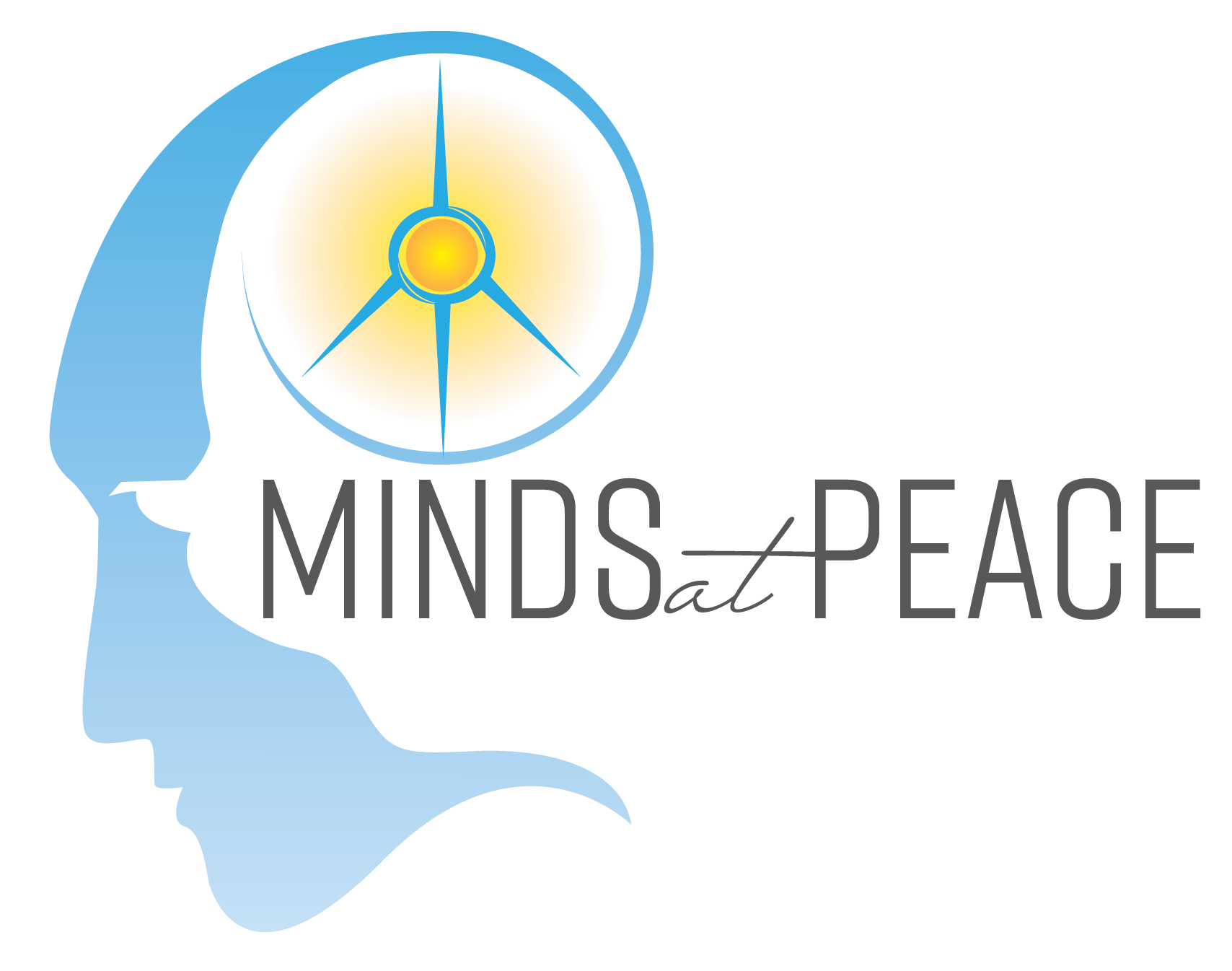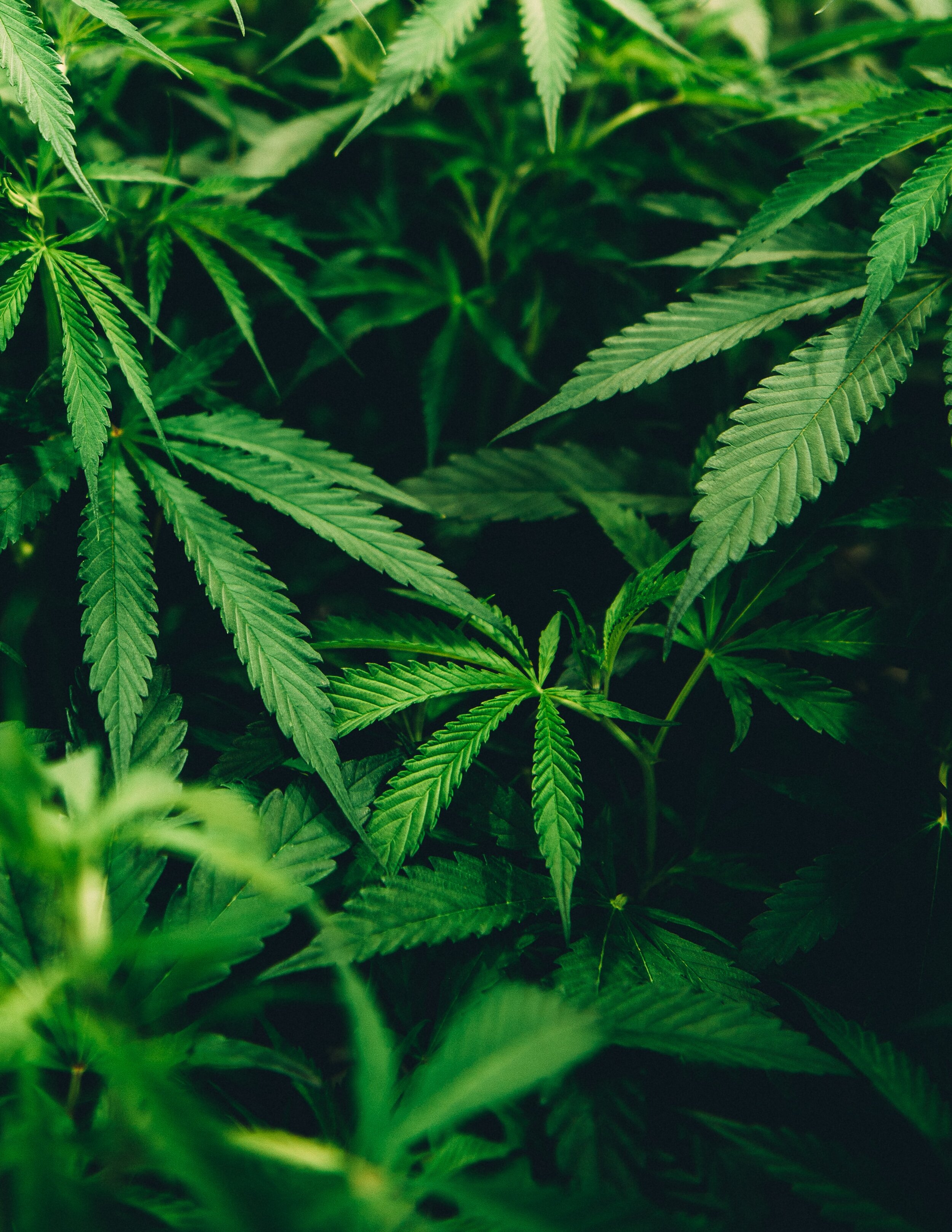Yes Marijuana Can Be Addictive
Marijuana is not a benign drug.
Let’s start there. It’s easy to think that since medical marijuana is legal in 33 states plus D.C. and “legal-legal” in 11 states plus D.C. that it’s totally harmless.
Here’s something that has gotten lost along the way: marijuana can be addictive. That’s right, just like alcohol, cocaine and heroin. Marijuana addiction can destroy the lives of individuals and their families. The reward center of the brain doesn’t know that it’s supposed to be “harmless.” What it does recognize is the dramatic increase in potency of marijuana from 3.8% TCH in the early 1990s to 50-80% today.
I’ve seen it repeatedly. Usually young people, who started smoking casually progress to the point where they smoke multiple times a day as marijuana becomes their go-to way of managing stress, and celebrating.
Marijuana leads to decrease motivation, impaired judgement, possible IQ loss, anxiety, ruined relationships, and difficulty maintaining school or work. People addicted to marijuana often can only get work that doesn’t require a drug screen since it takes 3 weeks for marijuana to be undetected in the urine.
The earlier marijuana is begun in life, and the heavier it’s smoked, significantly increases the risk of developing psychosis.
And like any addiction, this one too is a family disease, creating the same kind of turmoil and disruption as any other drug or addictive behavior. And this means that the family members, not just the user, needs help to ensure their own well being and to learn how to communicate successfully. This video explains those 7 crucial communication skills every family member needs.
The hallmark definition of addiction is continuing the behavior despite the knowledge of harmful consequences. It’s a loss of control. Many people require treatment to help them stop. Unfortunately some treatment facilities in the era of the opioid crisis don’t see marijuana addiction as worthy of a residential bed.
Outpatient treatment can be successful but in the beginning requires more than one session a week to help individuals navigate the anxiety from withdrawal and the bombardment of addictive thoughts.
While many people can use marijuana socially, just like alcohol, remember that also just like alcohol, marijuana can be addictive with real life consequences.
If you find yourself smoking marijuana 2- 3x a day, have had difficulty cutting back or stopping completely you would benefit from a detailed holistic assessment.
If you’re a parent who has noticed significant changes in their loved one’s attitude, motivation or performance at school or work let’s talk about teaching you the communication skills to guide your loved one into treatment. Rarely will your loved one admit they have a problem so learning these skills is crucial. It requires patience, feedback and role-play to use these skills effectively.
Contact me for a free phone consultation, or go ahead and schedule a session directly online.

